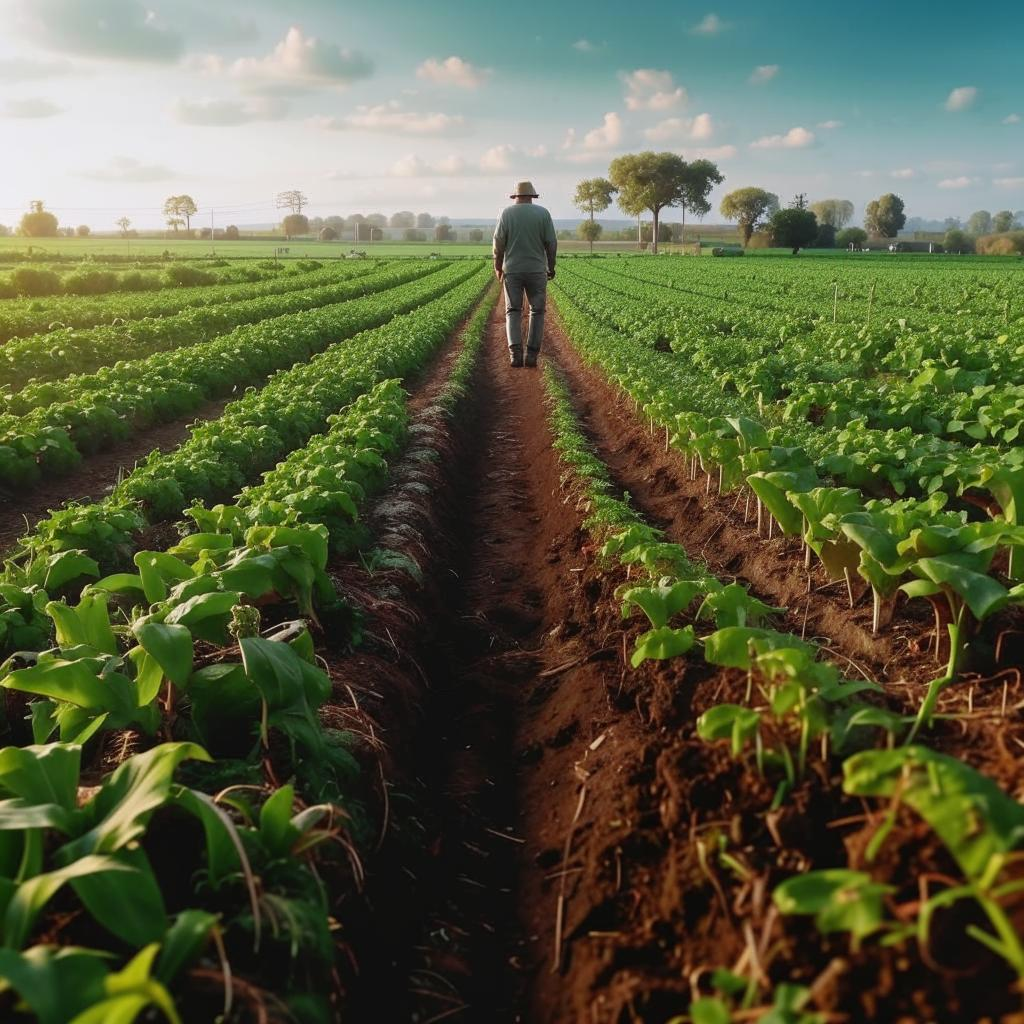Sustainable farming practices are increasingly viewed as crucial for tackling the looming global food crisis. With a growing population and the impacts of climate change exacerbating existing challenges, traditional agricultural methods are proving insufficient. Experts emphasize the need for a shift towards more environmentally friendly and resilient approaches.
Sustainable farming encompasses a range of techniques, including crop rotation, no-till farming, integrated pest management, and water conservation. These practices not only minimize environmental damage but also enhance soil health, improve water quality, and increase biodiversity. Healthy soil is more fertile and resilient to drought and floods, ensuring more reliable crop yields.
One of the key benefits of sustainable farming is its ability to reduce reliance on synthetic fertilizers and pesticides, which can have detrimental effects on ecosystems and human health. By promoting natural processes, such as nitrogen fixation and pest control, sustainable farms create more balanced and resilient agroecosystems.
Furthermore, sustainable farming can contribute to climate change mitigation by sequestering carbon in the soil. This helps to reduce greenhouse gas emissions and improve air quality. While transitioning to sustainable practices requires investment and knowledge, the long-term benefits far outweigh the costs. Governments, researchers, and farmers need to collaborate to promote the adoption of these practices worldwide. The future of food security hinges on embracing sustainable agriculture as a viable and necessary solution. Education, access to resources, and supportive policies are essential to ensure a global shift towards a more resilient and equitable food system. Finishtit














